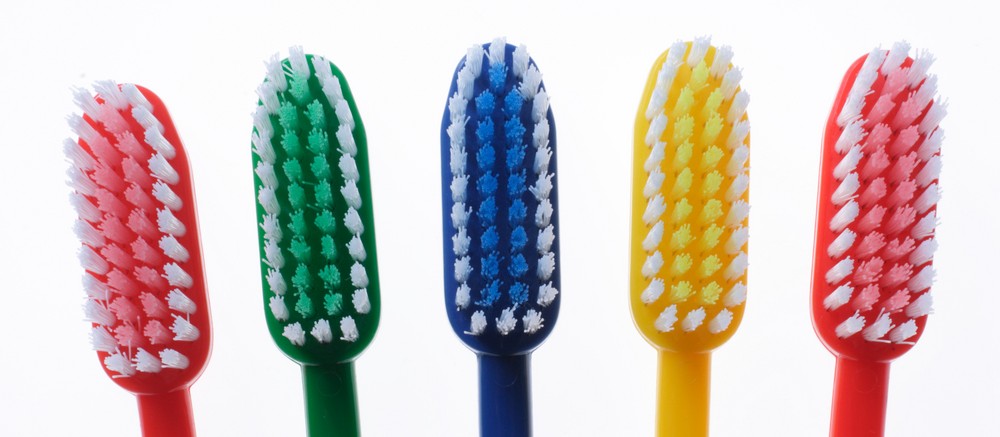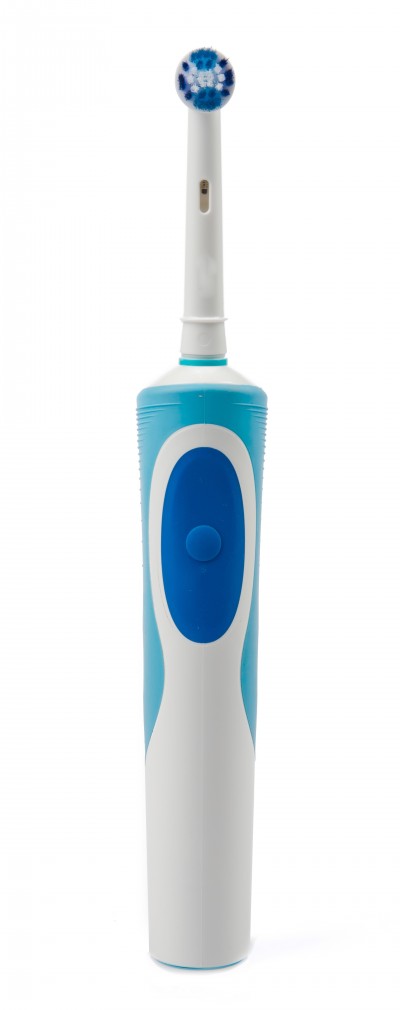PUBLISHED IN TCI WEEKLY NEWS
December 7th 2013

Whatever you are doing, having the ‘right tools for the job’ is always sensible and makes the work more effective and efficient. This is definitely true for brushing teeth and so following on from my last article which discussed mouthwash, I’m going to look at toothbrushes and floss.
Toothbrushes
When I look at the selection on sale in most stores I find a large number of the toothbrushes have a considerably larger head size than I would recommend. The most effective brushes have a head of approximately 2 cm x 0.75 cm, a slim neck with medium texture bristles and rounded on the tip so they are not ‘scratchy’; the smaller size facilities getting to the back molars much more effectively and for just generally moving the brush around the mouth. Don’t be fooled into thinking the flashiest or fanciest is necessarily the best!
I am often asked whether electric toothbrushes are better or if they are suitable for children. Firstly I would say there is absolutely no reason why you cannot clean your teeth perfectly well with a manual brush. However, electric toothbrushes are very effective in aiding thorough cleaning and I think for some people encourage cleaning for longer. This is due to the timer function which many models have and which sets a time of 2 minutes for the brushing cycle. An electric brush can also be helpful for patients who have any physical difficulty in handling a manual toothbrush and cleaning effectively. Older patients, particularly those with any arthritis of the hands, will find an electric brush with a fatter handle easier to manage. My personal favourite (and the one I use myself) is a sonic-style electric brush. With this type, the brush buzzes and vibrates to create an effective cleaning action.
Electric toothbrushes are fine for children too and can sometimes help with motivating them to brush their teeth. For children I recommend a simple battery powered brush as these are considerably less expensive than more sophisticated models and easy to replace if dropped or broken.
Whether you are using a manual or an electric toothbrush, the brush or head should be changed every 3 months from a hygiene perspective. If you see splayed bristles it should be changed sooner to prevent trauma to gums and aid effective cleaning.
Floss
Yes, you should floss!
I think the most common thing people say to me about flossing is that they know they should do it more often! From a product choice perspective, I like a wide tape (rather than a ‘string’) that is made from PTFE (this is highlighted on the pack) as it glides much more easily and is gentler on the gums.
Talk to your dentist if you need further information or advice.